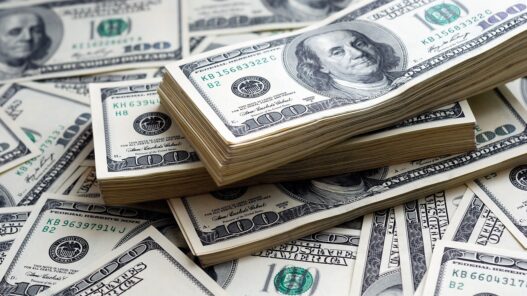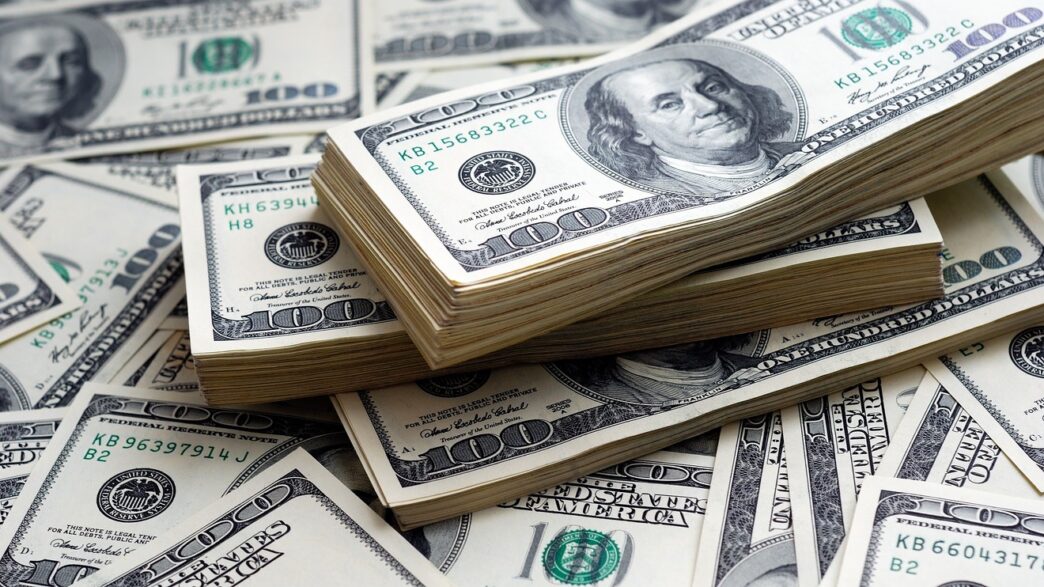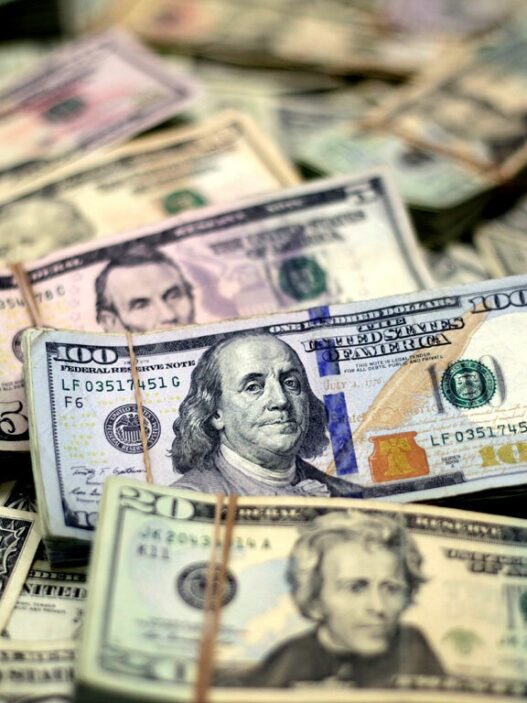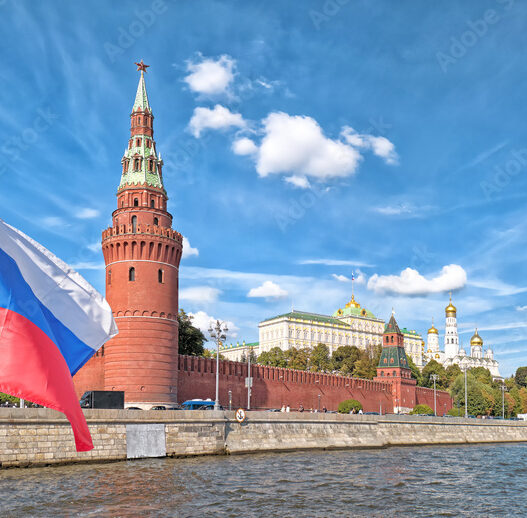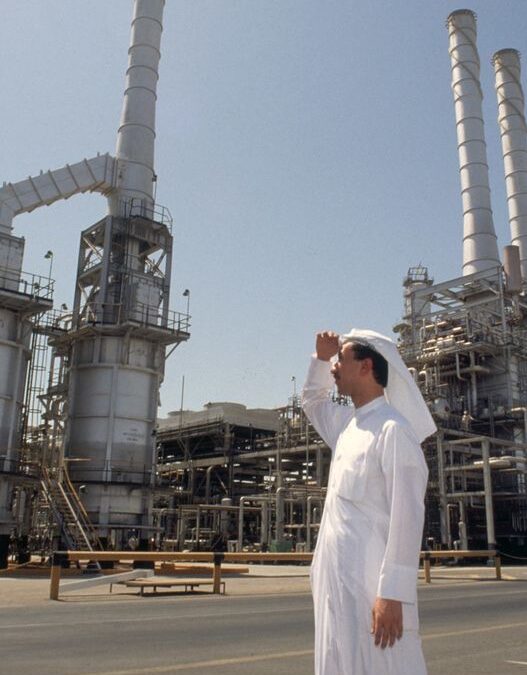The Greenback’s Pre-Election Surge
Powered by MasterCFA.com
What Happened?
The US dollar has been trading above its implied fair value, potentially influenced by the increasing likelihood of Donald Trump winning the upcoming US presidential election. However, analysts at UBS note that the dollar remains within its standard deviation bands, suggesting that any election-related risk premium is still moderate. Over the past month, the dollar has climbed more than 3% against a basket of other currencies.
Why Does This Matter?
Impact on the Economy
The strength of the US dollar has far-reaching implications for the global economy. A stronger dollar can affect international trade, making US exports more expensive and potentially impacting the competitiveness of American businesses in the global market.
Personal and Business Effects
For individuals, a stronger dollar could mean more purchasing power when traveling abroad or buying imported goods. However, it might also lead to reduced foreign investment in US assets. Businesses engaged in international trade may face challenges with pricing and competitiveness.
Economic Theories in the Real World
Theoretical Concepts in Action
Exchange Rate Dynamics
This situation exemplifies the concept of exchange rate dynamics, which is a crucial part of international economics. The article showcases how political events and economic expectations can influence currency values.
Interest Rate Parity
The relationship between interest rates and exchange rates, known as interest rate parity, is also at play here. The expectation of different monetary policies between the US and other countries is influencing currency movements.
Real-World Application
Historically, we’ve seen similar currency fluctuations during major political events. For example, during the Brexit referendum in 2016, the British pound experienced significant volatility. In this case, the potential for policy changes under a new administration is creating anticipation in the forex markets.
Crystal Ball Gazing: What’s Next?
What Could Happen Next?
- Post-Election Currency Shift: Depending on the election outcome, we could see a significant realignment of the dollar’s value.
- Trade Policy Impact: If Trump’s proposed tariffs are implemented, it could lead to retaliatory measures from other countries, potentially sparking trade tensions.
- Central Bank Reactions: Other central banks might adjust their monetary policies in response to US economic policies, further influencing exchange rates.
Why You Should Pay Attention
Understanding these currency dynamics is crucial for making informed investment decisions. For instance, if you’re considering investing in international stocks or bonds, currency fluctuations can significantly impact your returns. Moreover, for those aspiring to work in global finance or multinational corporations, grasping these concepts can provide valuable insights into strategic decision-making.
Food for Thought
Questions to Ponder
- How might a strong dollar affect emerging market economies and their debt obligations?
- What could be the long-term consequences of imposing blanket tariffs on imports for the US economy?
- How do political prediction markets differ from traditional polling, and what are their strengths and limitations in forecasting economic trends?
- In what ways might the Federal Reserve’s monetary policy decisions be influenced by the outcome of the presidential election?
- How can individual investors protect their portfolios against currency risk in times of political uncertainty?
Keep Learning with MasterCFA: Understanding currency dynamics and their economic impacts is essential for any aspiring financial analyst. Dive deeper into these topics to enhance your understanding and prepare for the CFA Exam. Explore more insightful articles and resources with MasterCFA to stay ahead in your finance career.




